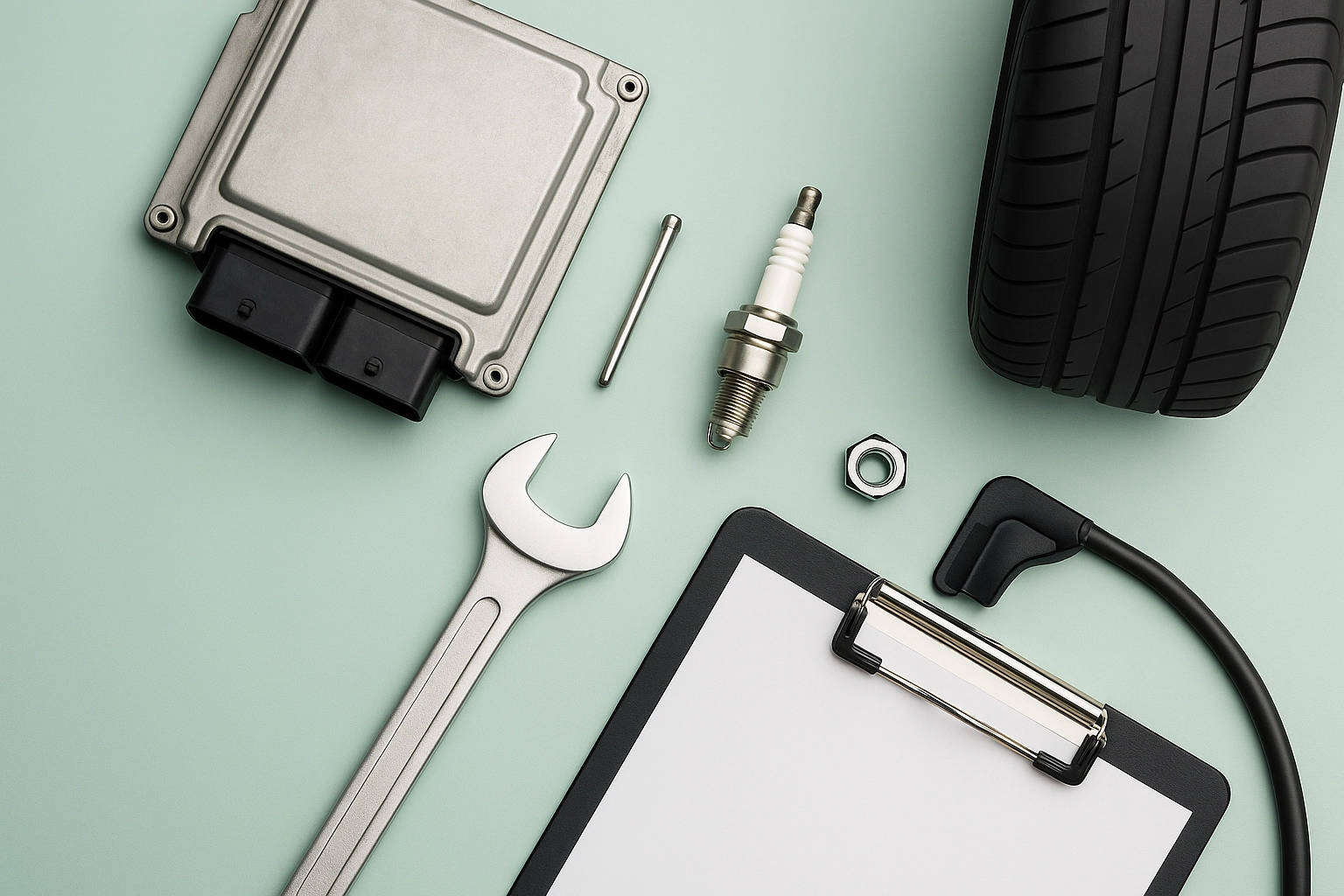Automotive Testing
The automotive sector is one of the most dynamic and regulated industries in the world. Ensuring safety, reliability, and compliance with international standards is paramount to maintaining public trust and regulatory adherence. This service page provides a detailed overview of our comprehensive suite of testing services tailored for the automotive industry.
Our laboratory offers a range of tests designed to meet the specific needs of various components, materials, and systems used in automobiles. From engine performance to structural integrity and electrical safety, we cover all critical aspects that ensure the smooth operation and longevity of vehicles. Our clients include original equipment manufacturers (OEMs), Tier 1 suppliers, and independent testing laboratories seeking to validate their products against stringent international standards.
One key area where our expertise shines is in crashworthiness evaluation. This involves simulating real-world collision scenarios using sophisticated test rigs that replicate the forces experienced during accidents. By analyzing these tests, we help manufacturers identify potential design flaws and improve vehicle safety features. Another critical aspect of automotive testing is emissions testing, which ensures compliance with environmental regulations set by governing bodies around the globe.
Our lab adheres strictly to international standards such as ISO 12264 for engine performance testing, ASTM D7398 for fuel quality analysis, and EN 50261 for electrical safety assessments. These standards provide a benchmark against which our tests are conducted, ensuring consistency and accuracy in the results we deliver.
In addition to these core services, we also specialize in durability testing, where components undergo simulated use conditions over extended periods to assess their long-term performance. This is particularly important as vehicles become increasingly complex with more advanced materials and systems integrated into them.
Our team of highly qualified engineers uses state-of-the-art equipment calibrated according to international specifications to conduct these tests. The precision instruments we employ ensure that every measurement is accurate, reliable, and repeatable. Our commitment to quality control extends beyond just the testing process; it encompasses all stages from sample preparation through final report generation.
When selecting a partner for your automotive testing needs, consider not only technical capability but also experience in delivering consistent results under challenging conditions. With years of industry-specific knowledge behind us, we are well-equipped to tackle even the most complex projects with ease. Whether you need help validating new designs or ensuring compliance across multiple markets, our team has the expertise needed to meet your requirements effectively.
Applied Standards
| Standard | Description |
|---|---|
| ISO 12264-3:2017 | Diesel engines—Test methods for the determination of fuel consumption and specific fuel consumption. |
| ASTM D7398-15 | Fuel quality evaluation by distillation with aeration. |
| EN 50261:2014 | Electrical safety of portable apparatus—General requirements and test methods for the measurement of direct current voltage, resistance, insulation resistance and continuity. |
Scope and Methodology
The scope of our automotive testing encompasses a broad range of services aimed at ensuring product quality and regulatory compliance. Our methodology involves meticulous planning followed by thorough execution using advanced technologies and methodologies.
- Engine performance tests to measure fuel efficiency and emissions levels.
- Crashworthiness evaluations using controlled crash tests simulating real-world scenarios.
- Emissions testing per international standards to verify environmental impacts.
- Durability testing of components under simulated operational conditions over extended periods.
For each test, our team begins with careful sample preparation ensuring that the materials or assemblies being tested are in optimal condition. This step is crucial as any imperfections could skew results, leading to incorrect conclusions about product performance. Once prepared, samples proceed through rigorous testing protocols designed specifically for their intended application within the automotive industry.
The data collected during these tests undergoes rigorous analysis using statistical techniques to ensure accuracy and reliability of findings. Reports are then generated detailing all relevant parameters measured along with interpretations based on established benchmarks provided by applicable standards like those mentioned earlier. These reports serve as valuable tools not only for internal use but also for sharing with stakeholders such as customers, regulators, and investors.
Our approach to automotive testing combines scientific rigor with practical application ensuring that every aspect of the process is conducted efficiently while maintaining high standards of precision and accuracy.
Quality and Reliability Assurance
- We employ only certified personnel trained in accordance with recognized guidelines.
- All equipment used in our lab undergoes regular calibration to ensure precise measurements.
- Data collected during tests is stored securely using advanced encryption methods.
Our commitment to quality and reliability does not end at the conclusion of a single test. We maintain stringent quality assurance practices throughout every phase of project execution, from initial consultation through final report delivery. This includes continuous monitoring of internal processes as well as external audits conducted by independent third parties ensuring adherence to best practices.
By adhering strictly to these protocols, we ensure that all results produced are accurate and can be relied upon for decision-making purposes. Our clients benefit from this level of assurance knowing that they are receiving reliable information about their products' performance and compliance status.





